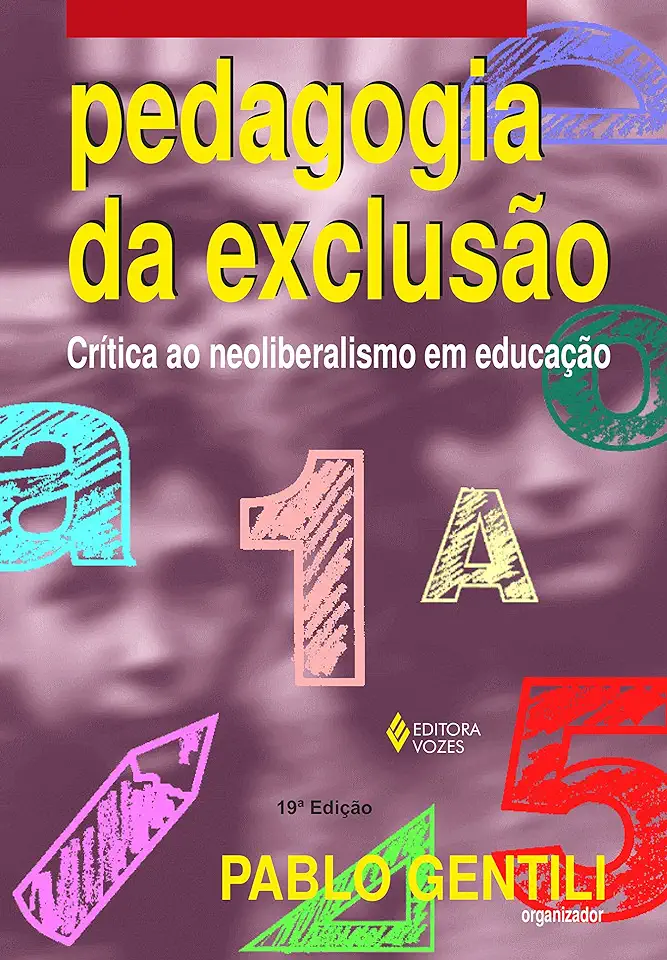
Pedagogy of Exclusion - Pablo Gentili
Pedagogy of Exclusion: Critical Studies in Educational Inequality
Introduction
In his groundbreaking book, "Pedagogy of Exclusion: Critical Studies in Educational Inequality," Pablo Gentili offers a powerful critique of the ways in which educational systems perpetuate and reinforce social inequality. Drawing on extensive research and case studies from around the world, Gentili argues that schools are not simply neutral institutions that provide equal opportunities for all students. Instead, they are often complicit in reproducing social hierarchies and excluding marginalized groups from access to quality education.
Key Themes
Gentili's analysis of educational inequality focuses on several key themes:
The role of ideology in shaping educational policies and practices: Gentili argues that educational systems are not objective or value-free, but rather reflect the dominant ideologies and power structures of society. He shows how neoliberal policies, for example, have led to increased privatization and marketization of education, which has exacerbated educational inequality.
The intersection of race, class, and gender in educational outcomes: Gentili demonstrates how educational inequality intersects with other forms of social inequality, such as race, class, and gender. He argues that marginalized groups, such as racial minorities, low-income students, and girls, face systemic barriers to educational success that are rooted in deep-seated social and economic inequalities.
The importance of critical pedagogy in challenging educational inequality: Gentili proposes critical pedagogy as a transformative approach to education that can challenge the status quo and promote social justice. He argues that critical pedagogy empowers students to critically analyze their own experiences and the world around them, and to take action to transform oppressive social structures.
Case Studies
Gentili's analysis is supported by a wealth of case studies from different countries and contexts. These case studies provide concrete examples of how educational policies and practices can exclude marginalized groups and perpetuate inequality. For example, Gentili examines:
- The impact of school vouchers on educational inequality in the United States
- The role of standardized testing in perpetuating racial and class disparities in education
- The challenges faced by immigrant students in accessing quality education
- The gendered nature of educational experiences and outcomes
Conclusion
"Pedagogy of Exclusion" is a powerful and provocative book that offers a critical analysis of educational inequality and its impact on marginalized groups. Gentili's work is essential reading for anyone interested in understanding the complex relationship between education and social justice. He provides a compelling case for the need for transformative educational practices that can challenge the status quo and create more equitable and inclusive educational systems.
Why You Should Read This Book
If you are passionate about education and social justice, then "Pedagogy of Exclusion" is a must-read. Gentili's work will challenge your assumptions about the role of education in society and inspire you to think critically about how we can create more equitable and inclusive educational systems. This book is a valuable resource for educators, policymakers, researchers, and anyone else who is committed to transforming education for the better.